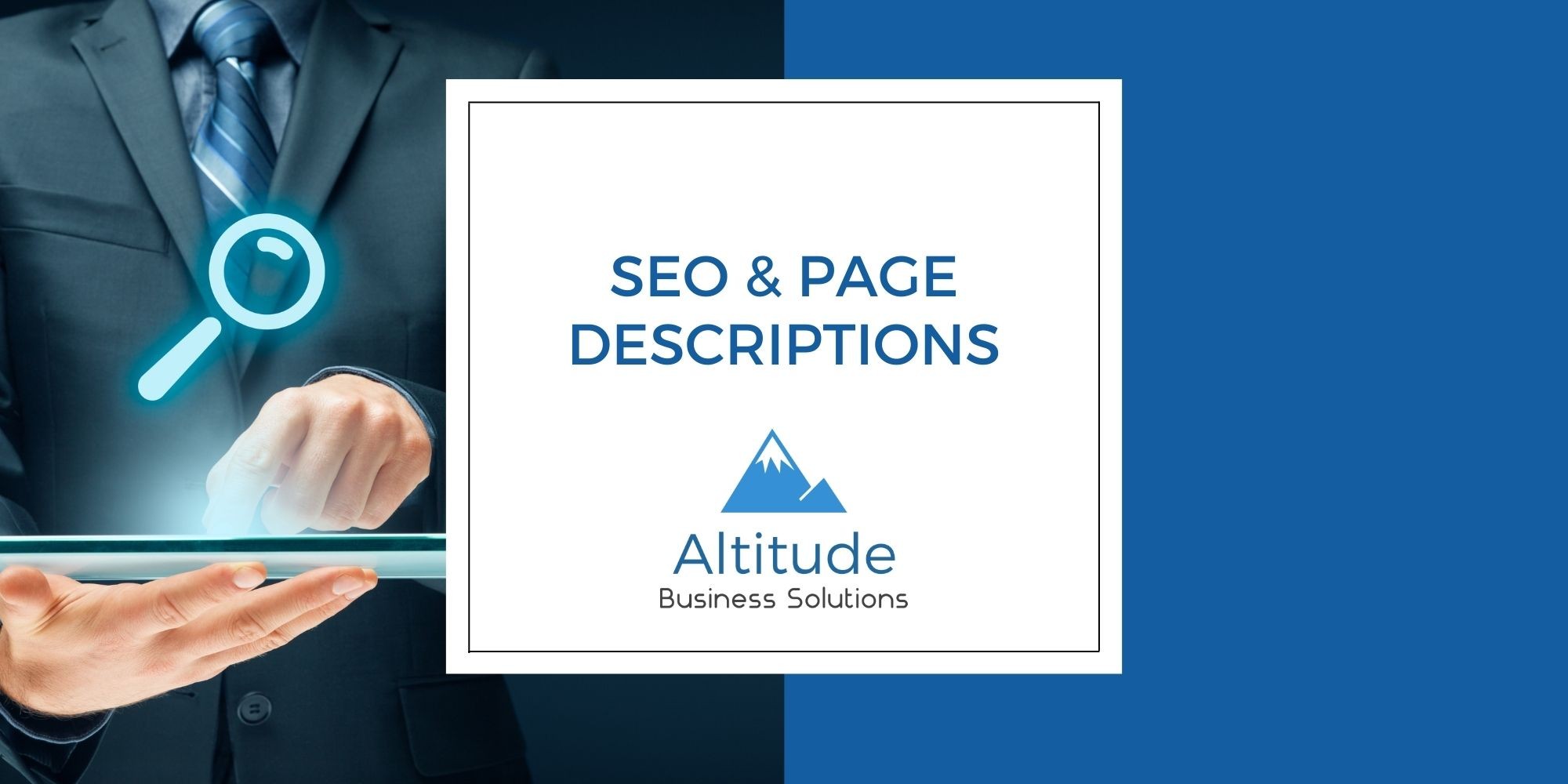Date Published: 5 Oct '23
<
In today's digital age, having a website is not just an option; it's a necessity for businesses of all sizes. Your website is often the
first point of contact for potential customers, making it a critical component of your online presence and marketing strategy. However, when
it comes to building or redesigning a website, one of the most common questions that arises is, "How much should a website cost?"
The answer to this question is not a simple one-size-fits-all figure. It depends on various factors, including your business goals, the
complexity of the website, and the level of customization you require. In this comprehensive guide, we'll delve into the intricacies of website pricing to help you understand what goes into the cost of creating a website. By the end, you'll have a clear picture of how to
budget for your website project and make your online dream a reality.
Defining Your Website Goals
Before you can determine the cost of your website, you must define its purpose and goals. Are you creating an e-commerce platform, a blog, a corporate website, or a portfolio? Each type of website has distinct requirements that will influence its cost. Understanding your
objectives is the first step in setting a realistic budget.
The Types of Websites
Websites come in various forms, each tailored to meet specific goals and cater to different audiences. Understanding the types of websites
is crucial when considering your own online presence. Here's a breakdown of some common website types:
-
Informational Websites: These are the simplest type, often used by businesses and individuals to provide essential
information. They typically consist of a few pages, including a homepage, about us, services or products, and contact information.
Informational sites are perfect for businesses aiming to establish an online presence.
-
Blogs: Blogs are platforms for sharing content, typically organized in reverse chronological order. They're ideal for
individuals, writers, or businesses looking to share knowledge, engage with readers, and establish authority in a specific niche.
-
E-commerce Websites: E-commerce websites are designed for online shopping. They include product catalogs, shopping carts,
and payment processing systems. Examples include Amazon and Shopify. Setting up an e-commerce site requires careful consideration of user
experience and security.
-
Portfolio Websites: These are used by artists, photographers, designers, and creative professionals to showcase their
work. They often include galleries or portfolios and are designed to highlight the creator's skills and talent.
-
Educational Websites: Educational sites offer courses, tutorials, and resources for learning. They cater to students,
professionals, and lifelong learners. Examples include Coursera and Khan Academy.
-
Personal Websites: Personal websites serve as digital resumes or online portfolios for individuals. They're perfect for
showcasing skills, accomplishments, and personal branding.
-
Landing Pages: Landing pages are single-page websites designed for specific campaigns or promotions. They're focused on
converting visitors into leads or customers and often include forms or CTAs.
Understanding the types of websites helps you choose the right platform to achieve your online goals, whether it's sharing content, selling
products, connecting with an audience, or building an online community. Each type has its unique characteristics and requirements, so
selecting the one that aligns with your objectives is key to online success.
Contact
Us today to discuss your Website Needs
Contact
Us today to discuss your Website Needs
Factors Influencing Website Cost
The cost of creating a website can vary significantly depending on several factors. Understanding these factors is essential for budgeting
and planning your website project effectively. Here are the key elements that influence website costs:
- Website Type
- Design Complexity
- Functionality & Features
- Content Creation
- Responsive Design
- Domain & Hosting
- Ongoing Maintenance
- E-Commerce Features
- Custom Development
- SEO Optimisation
- Testing & Quality Assurance
- Project Timeline
By considering these factors and working closely with your web development team, you can develop a realistic budget and ensure that your
website project aligns with your goals and expectations. It's essential to strike a balance between your desired features and your available
budget to create a successful online presence.
The Cost Breakdown
Understanding the cost breakdown of a website project is crucial for budgeting and making informed decisions. Here's a breakdown of the
typical costs involved in creating a website:
-
Domain Name Registration: Your website's domain name (e.g., www.yourwebsite.com)
is your online address. Registering a domain name typically costs between $20 to $50 per year, depending on the domain extension (.com,
.net, .org, etc.).
-
Web Hosting: Web hosting is the service that allows your website to be accessible on the internet. Hosting costs vary
depending on the provider and the hosting type . Prices typically range from $50 to $300+ per month.
-
Web Design, Development and Content Creation: The design, development and content of your website are significant
expenses. Custom web design, development and content can cost anywhere from $500 to $15,000 or more, depending on complexity and
features.
-
Responsive Design: Ensuring your website is mobile-responsive is essential. The cost of making your site mobile-friendly
varies but is often included in web development fees.
-
Content Management System (CMS): If you require a CMS like WordPress or Drupal, there may be additional setup and
customization costs. Some CMS options are open-source and free, while others have licensing fees.
-
E-commerce Features: If you're running an online store, e-commerce features like product catalogs, shopping carts, and
payment gateways may add $1,000 to $5,000 or more to the project.
-
SEO Optimization: Implementing SEO strategies to improve your website's visibility may add around $1,000 to $5,000 or more,
depending on the scope of work.
-
Testing and Quality Assurance: Ensuring your website works flawlessly through testing and quality assurance processes may
cost between $500 and $3,000, depending on complexity.
-
Maintenance and Updates: Ongoing maintenance and updates are essential for website security and performance. Costs for
maintenance typically range from $50 to $200+ per month, depending on the level of support required.
-
Additional Features and Integrations: Custom functionalities or integrations with third-party services may add extra costs,
with prices varying widely based on complexity.
-
Training and Support: Providing training for your team to manage the website and ongoing support may incur additional
expenses, typically around $500 to $2,000 or more.
It's important to note that these are ballpark figures, and actual costs can vary significantly depending on your specific project
requirements and the web development partner you choose. To get an accurate cost breakdown for your website, consult with experienced web
developers and designers who can provide a detailed estimate based on your unique needs and goals. Having a clear understanding of these
costs will help you plan your website project effectively and avoid unexpected expenses.

Conclusion
In conclusion, understanding the cost and functionality of a website is essential for any business or individual looking to establish a
robust online presence. Whether you're a startup, a small business, or a large corporation, understanding the complexities of
building a website and the costs involved will help you make a decision when choosing a website developer. If you're ready to explore the
possibilities of creating a website that suits your needs, contact us to find out more about
our website design services and the costs involved in bringing your vision to life.
Altitude Business Solutions are committed to helping Small Business Owners navigate their way through growing their business.
Helping them assess where there are issues and providing the recourses and contacts to give Altitude to their business.
Call Us
Today 0419 183 451
Call Us
Today 0419 183 451




.jpg)

Leave a Comment